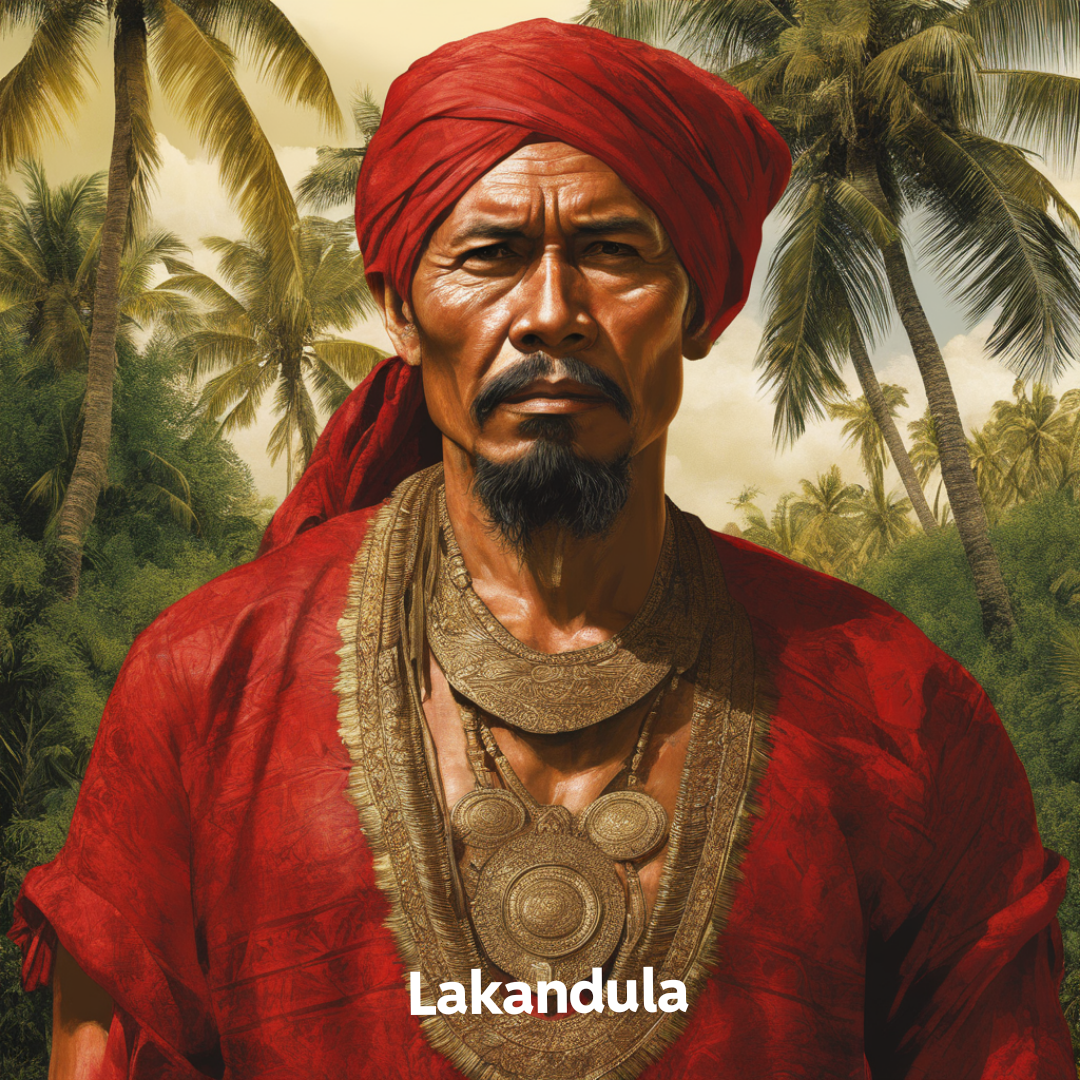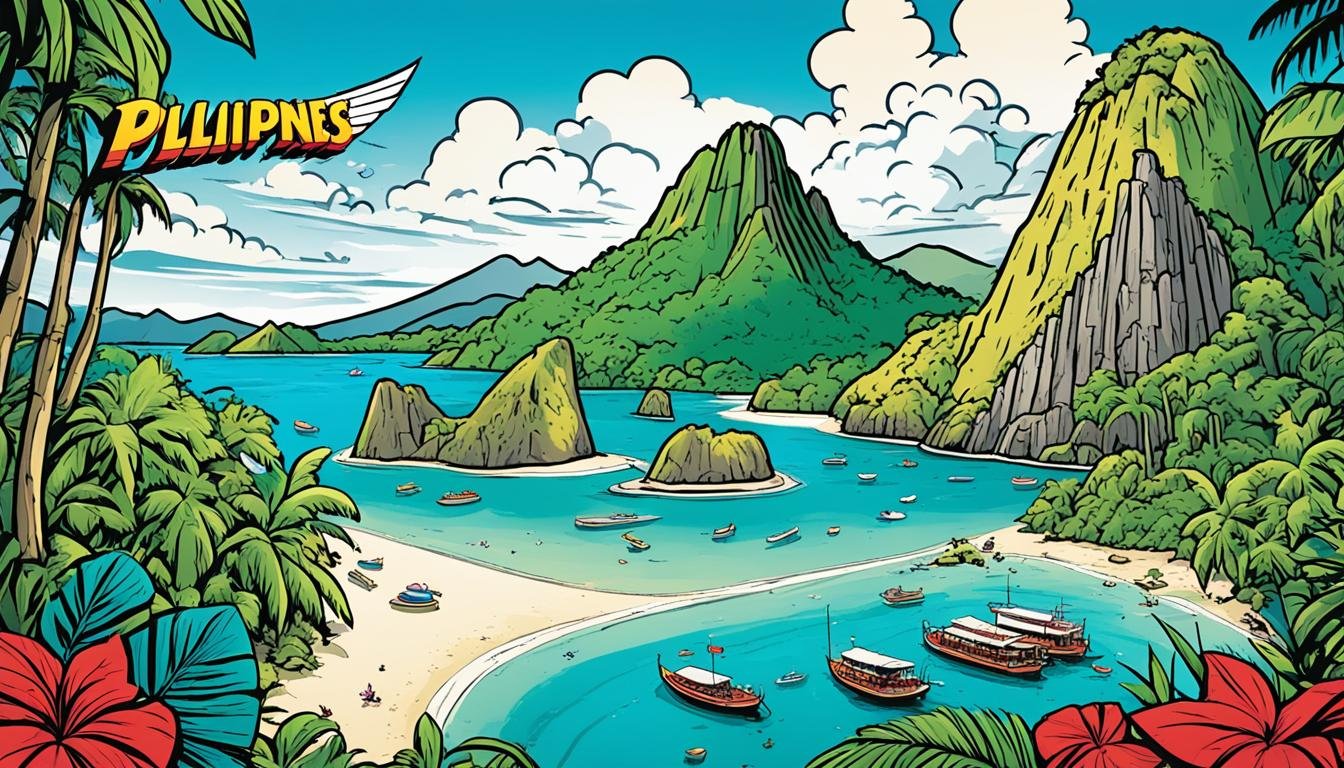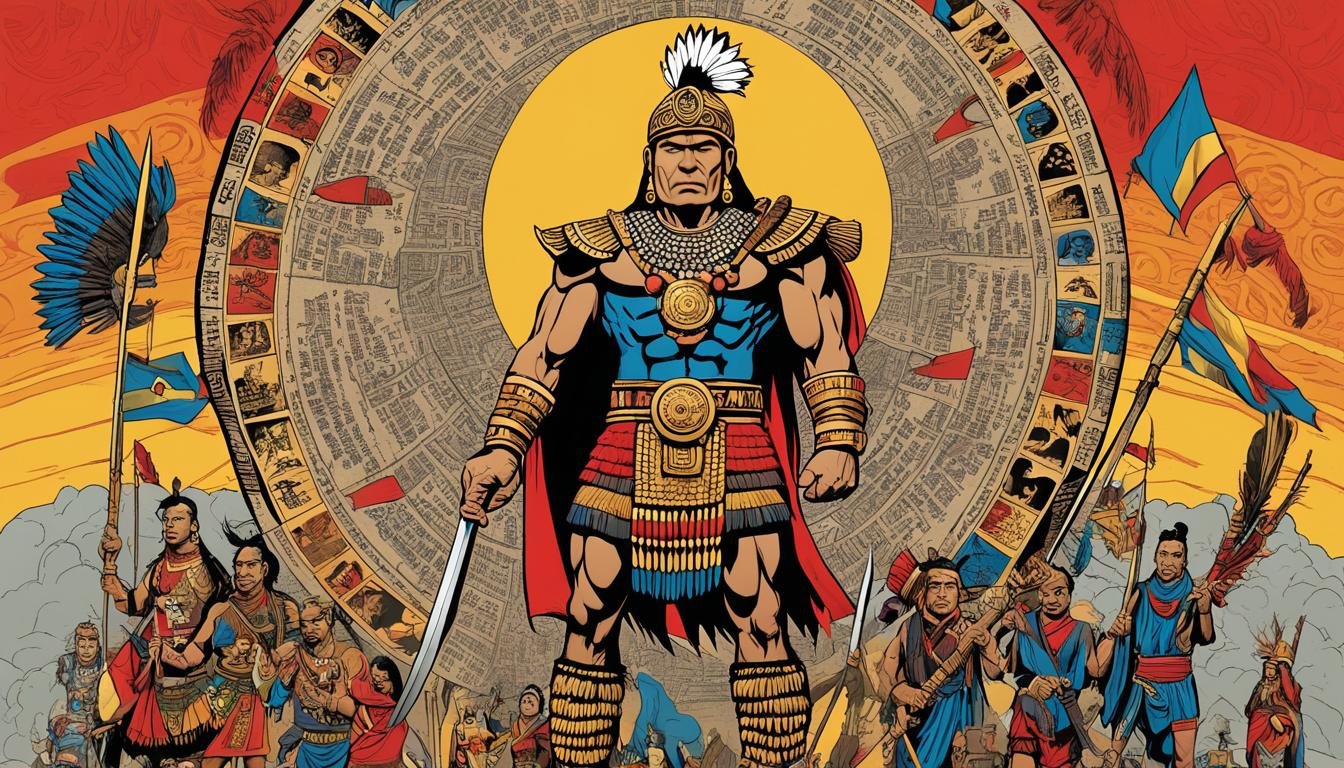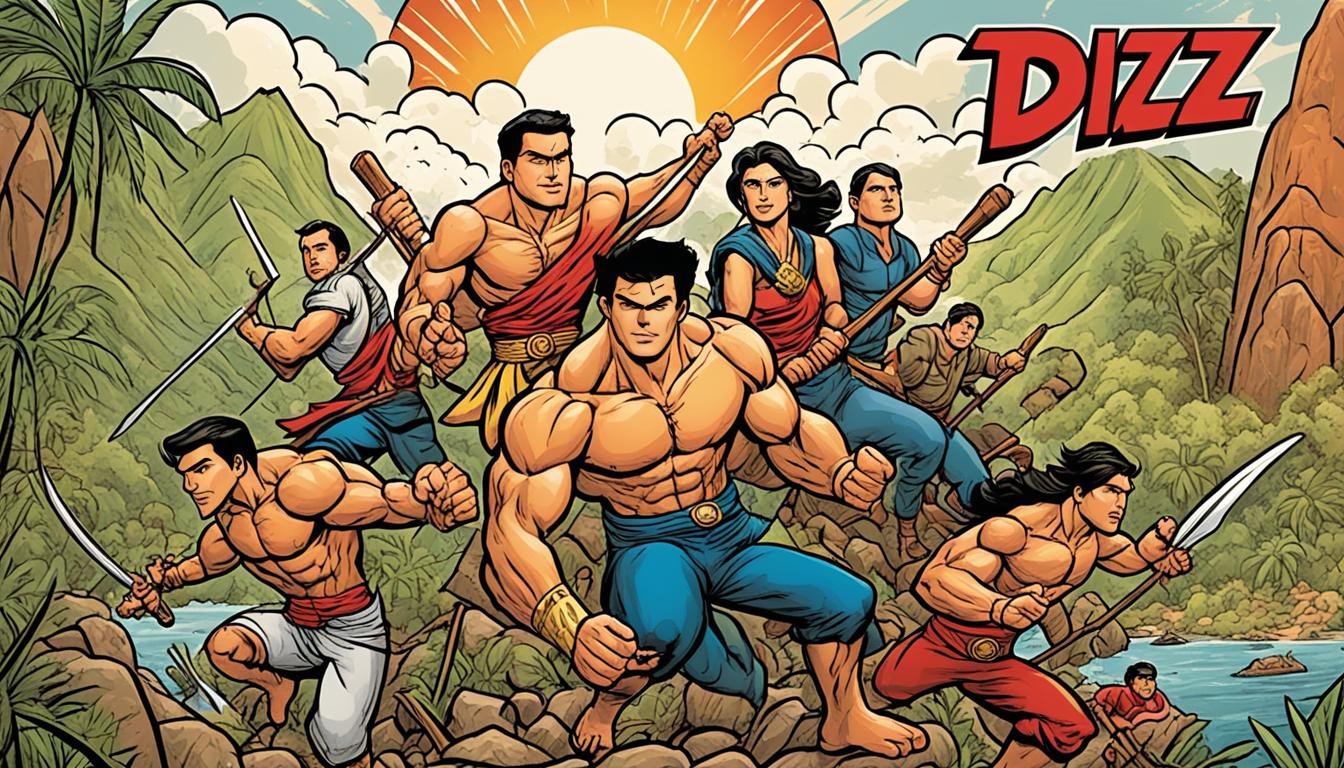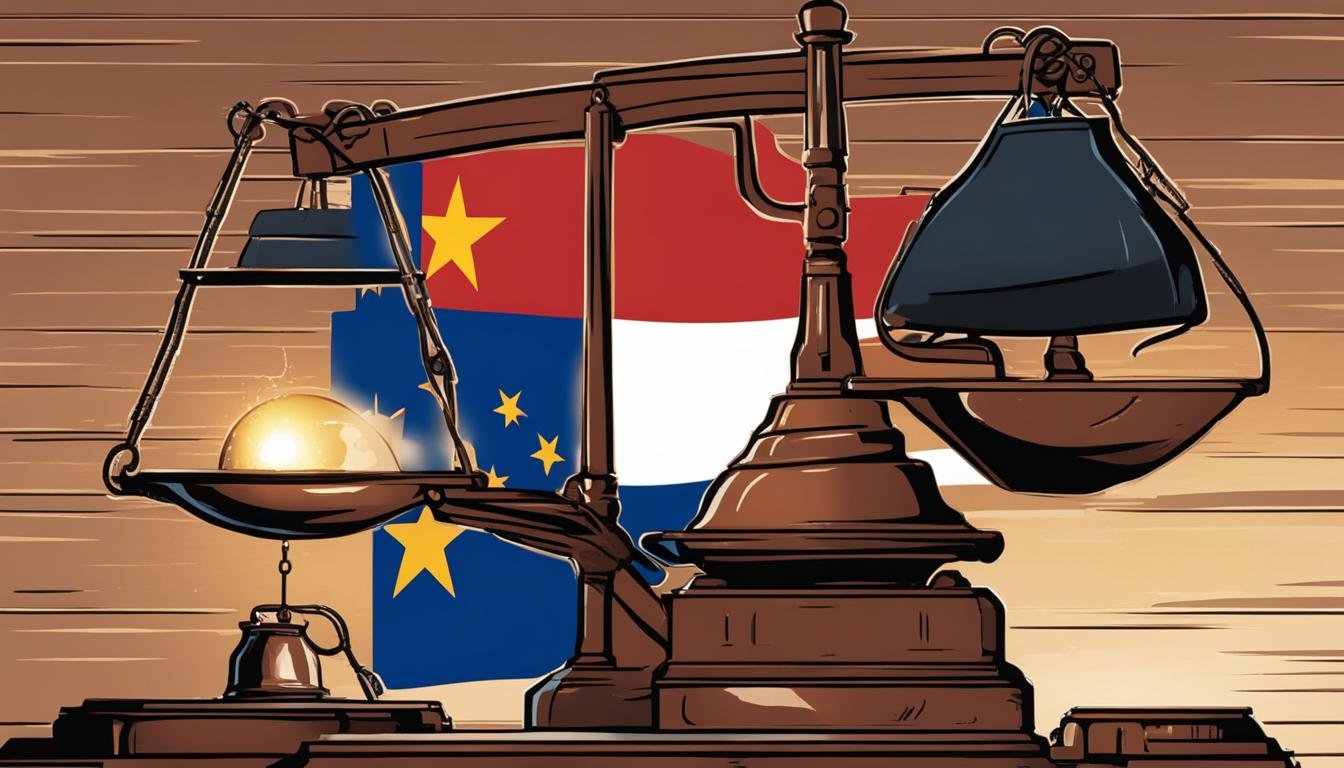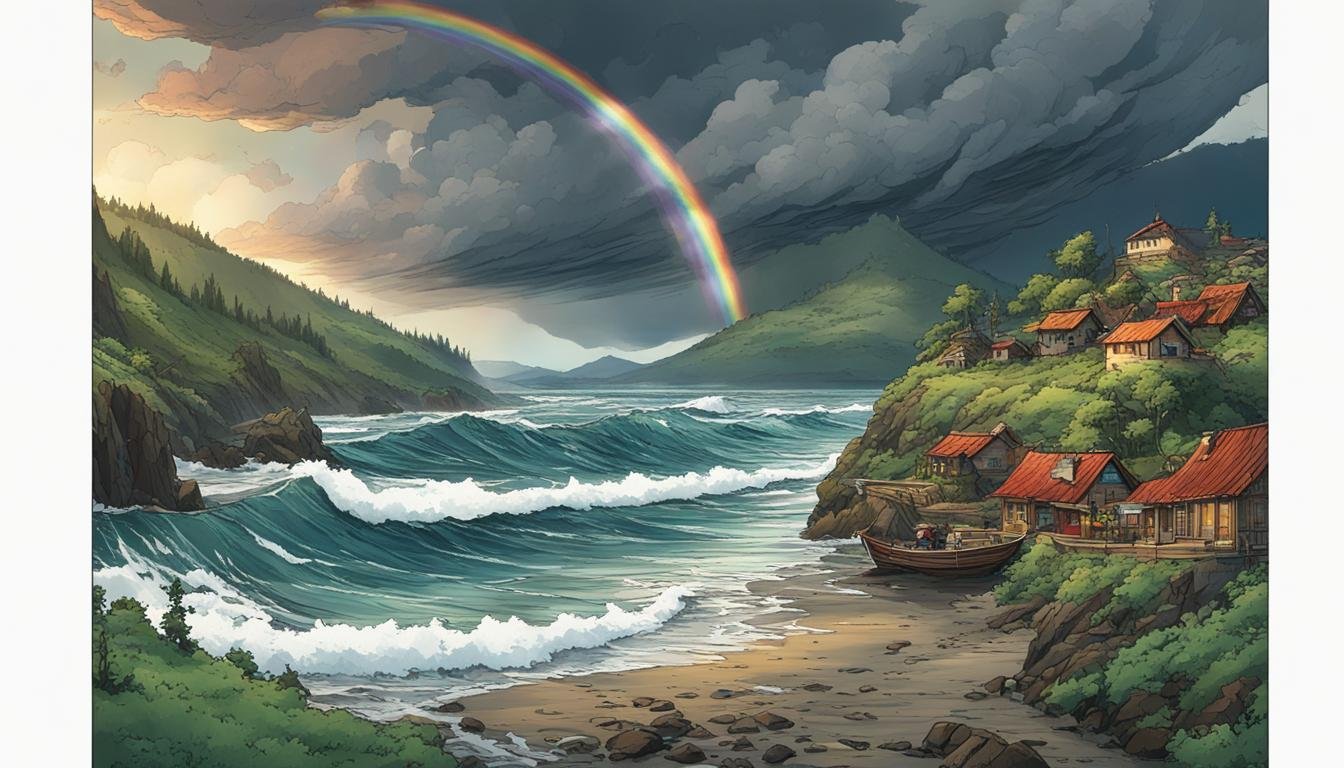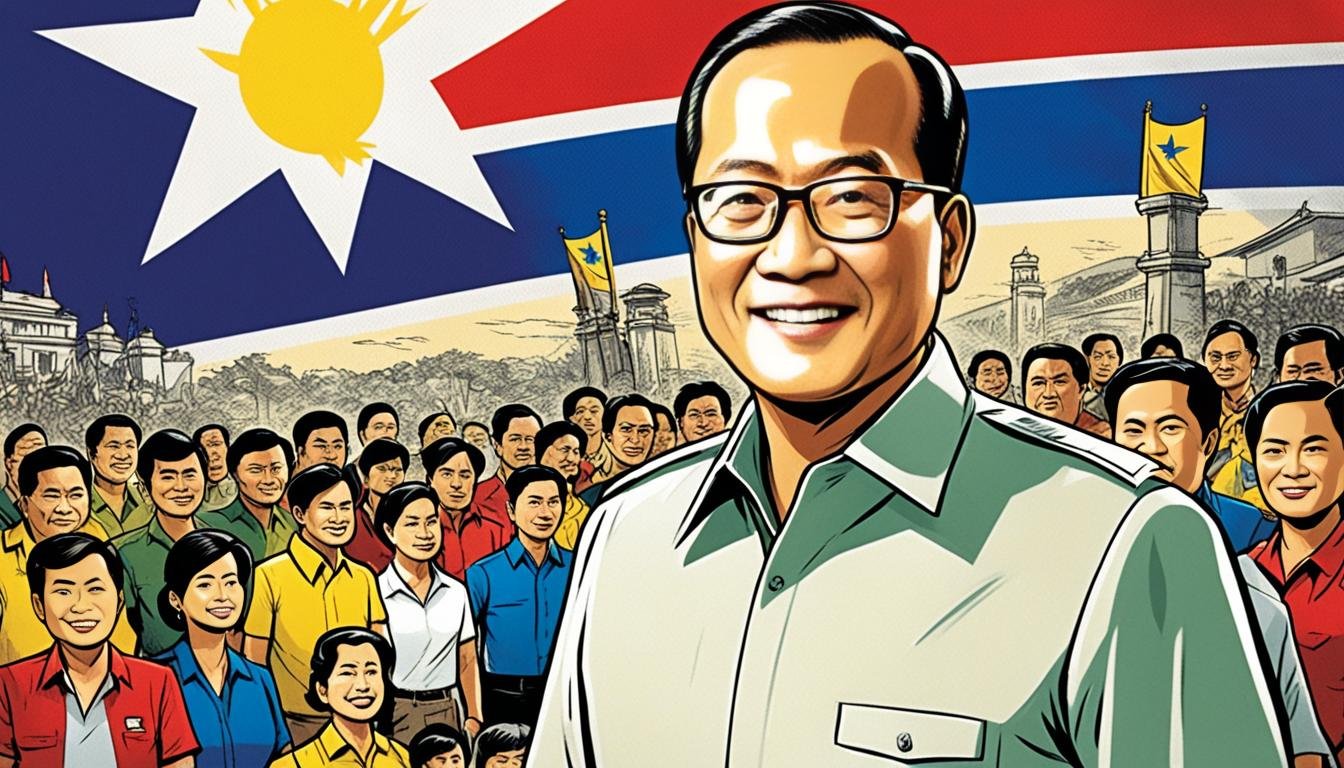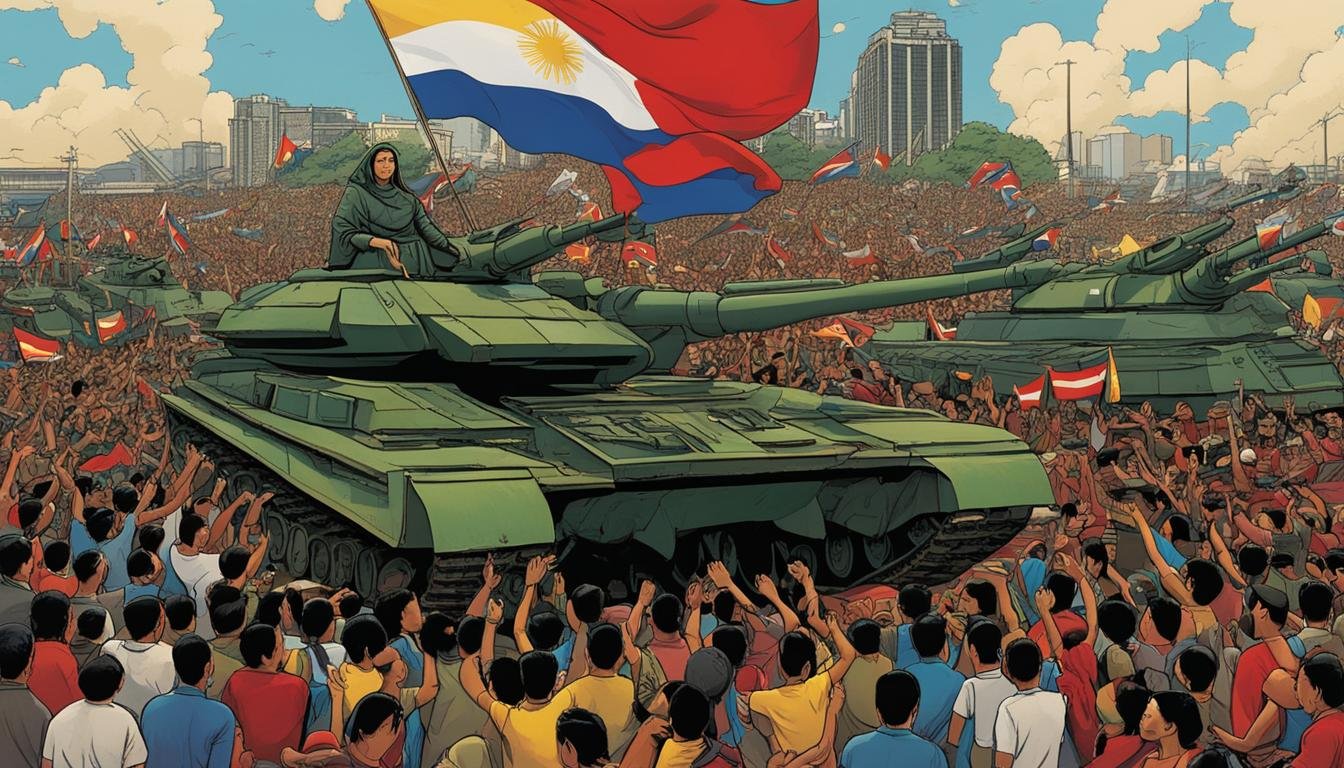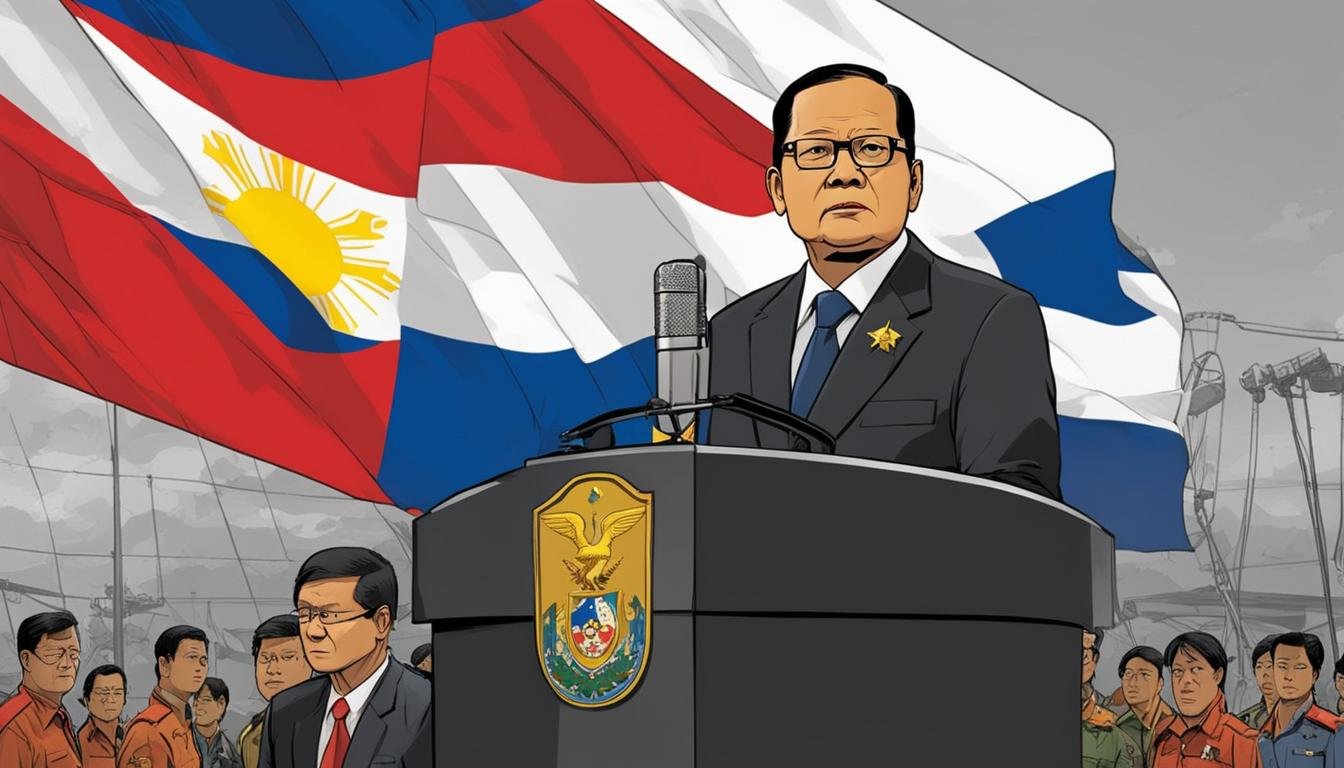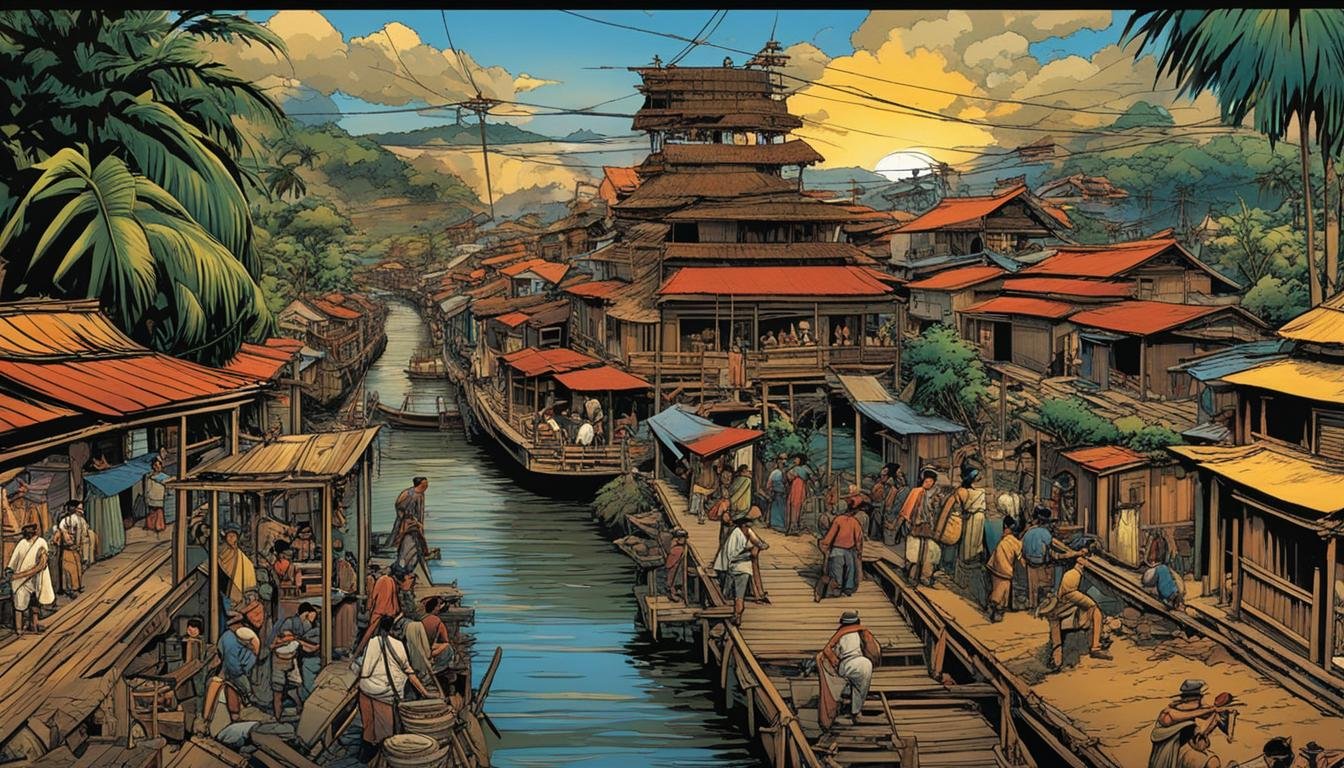The tapestry of Philippine history is woven with threads of resilience, diplomacy, conflict, and adaptation. Among the prominent figures who navigated the tumultuous dawn of Spanish colonization stands Lakan Dula, the last paramount ruler, or Lakan, of the Kingdom of Tondo. His life represents a critical juncture, a bridge between the vibrant Pre-colonial Philippines and…
Tag: Philippine history
Tourism Department Philippines: Weaving History into the National Fabric
The Tourism Department Philippines (DOT), often seen primarily through the lens of sunny beaches and vibrant festivals, plays a profound, albeit sometimes subtle, role in shaping and disseminating narratives of Philippine History. Beyond its mandate to drive economic growth through visitor arrivals, the DOT Philippines acts as a significant curator and promoter of the nation’s…
Datu Kalantiaw: The Legendary Chieftain and His Controversial Code
The annals of Philippine history are rich with tales of valiant leaders, complex societies, and enduring traditions that existed long before the arrival of Ferdinand Magellan in 1521. For decades, one figure stood prominent in narratives of the Pre-colonial Philippines: Datu Kalantiaw, the purported author of a sophisticated, albeit brutal, legal code. His story, intertwined…
Origin of Last Name Diaz in the Philippines
he tapestry of Filipino Surnames is rich and complex, woven with threads of indigenous traditions, colonial imposition, and cultural adaptation. Among the most common surnames encountered across the Archipelago / Provinces is “Diaz.” Like many prevalent Hispanic-sounding last names in the Philippines (Santos, Reyes, Cruz, Garcia), its presence is not merely incidental but deeply rooted…
The Bell Trade Act and the Parity Amendment: Controversial Agreements between the PH and the US
The mid-20th century marked a pivotal, yet complex, period in Philippine history. Emerging from the devastating crucible of World War II, the nation stood on the cusp of formal independence from the United States. However, this newfound sovereignty was immediately challenged and intertwined with a series of agreements that would profoundly shape the Philippines’ economic…
Surviving Natural Disasters in the Philippines
The Philippines, an archipelago nation nestled along the Pacific Ring of Fire and within the typhoon belt, possesses a history inextricably linked with the raw power of nature. From devastating earthquakes and volcanic eruptions to relentless typhoons and widespread flooding, natural disasters have repeatedly shaped the landscape, challenged its inhabitants, and tested the very fabric…
Aquino Dynasty Restored: Noynoy Aquino Elected President
The narrative of Philippine history is intricately woven with the sagas of its leading political families. Among these, the Aquino family stands as one of the most prominent, their name inextricably linked to pivotal moments from agrarian reform movements to the struggle against authoritarianism and the restoration of democracy. The title Aquino Dynasty Restored: Noynoy…
The People Power Revolution Topples Dictator Marcos
The People Power Revolution, also known as the EDSA Revolution, stands as a watershed moment in Philippine history. In February 1986, a massive, non-violent civilian uprising, supported by military defectors and religious leaders, brought an end to the authoritarian rule of Ferdinand Marcos, who had governed the Philippines for over two decades, much of it…
The Assassination of Opposition Leader Ninoy Aquino
The date August 21, 1983, is etched into the collective memory of the Philippines, a turning point that irrevocably altered the nation’s trajectory. On this fateful Sunday afternoon, Benigno “Ninoy” Aquino Jr., the most prominent and vocal critic of the Marcos regime, returned from exile in the United States only to be assassinated upon disembarking…
The Philippines and the Shift from Colony to Country
The history of the Philippines is a saga of resilience, struggle, and the arduous journey from centuries of colonial subjugation to the assertion of its own national destiny. For over 300 years, the archipelago was a distant outpost of the Spanish Empire, and subsequently, after a brief, tumultuous period of revolutionary independence, it became a…

